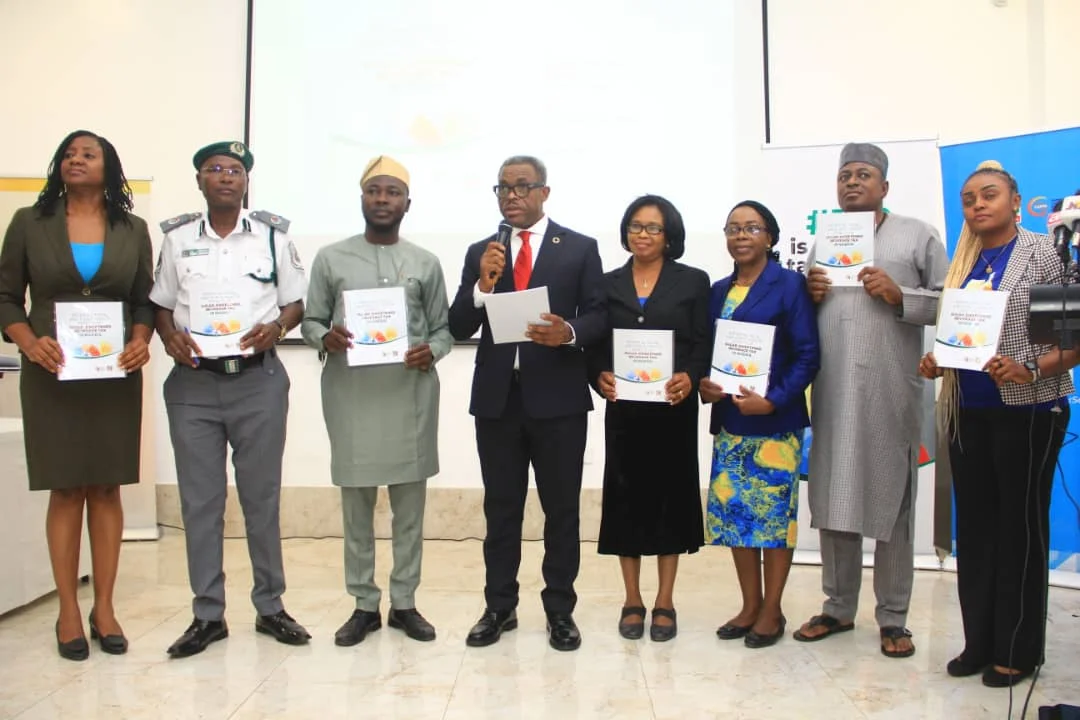
The Federal Government has described Sugar Sweetened Beverages (SSBs) tax as most effective way of reducing excessive consumption of SSBs and incidences of Non-Communicable Diseases (NCDs)
Dr Chukuma Anyaike, the Director, Public Heath Department, Federal Ministry of Health and Social Welfare, said this in Abuja on Monday at the Public Presentation of the Simulation Study of the Potential Fiscal and Public Health Effects of SSB tax in Nigeria
Anyaike defines Sugar Sweetened Beverages as drinks that contain natural or added sweeteners which include various forms of sugars such as brown sugar, corn sweetener, corn syrup, dextrose, fructose, glucose, high fructose corn syrup, honey, lactose, malt syrup, maltose, molasses, raw sugar, and sucrose.
According to him, these drinks also include soft drinks, juices, sweetened coffee, nectars, energy drinks and flavoured dairy products.
“Frequent consumption of SSB is associated with increased incidence of dental cavities, tooth decay and obesity.
“Obesity is in turn a risk factor for the development of type two diabetes mellitus, heart disease, stroke and hypertension, SSB consumption has also been linked to some forms of cancer
“The institution of SSB tax has been identified as the most effective way of reducing the consumption of excess sugar sweetened beverages consequently reducing the incidences and prevalence of NCDs.
“To this effect, government introduced a N10 per litre excise tax on all sweetened beverages in the 2021 Finance Act.
“This is a step in the right direction towards achieving the global best practice of at least 20 per cent of the final retail price on all SSB products.
“The revenue generated will be earmarked for public health interventions toward prevention and control of NCDs,” public health director said.
According to him, an estimated 38.6 million litres of soft drink are sold daily in Nigeria, making it the fourth highest soft drink consuming country in the world.
“The drinks are marketed in such a way that customers believe that they get better value when they buy the biggest bottles of soft drink, leading to over consumption.
“Of particular concern is the trend of over consumption among Nigerian adolescent which can lead to childhood obesity and negative health consequences in adulthood.
“Diabetes mellitus, hypertension, cardiovascular diseases and other non-communicable diseases are the leading cause of death globally and account for a substantial proportion of deaths in Nigeria,” Anyaike said.
He said that NCDs affected the highly productive populations thereby posing a huge danger to the physical and mental well-being of the citizens, health care system, socio economic development and consequently undermining national development.
According to him, Nigeria losses a lot of money annually to the loss of productivity due to NCD and incur cost on treatment and management of these chronic diseases.
He expressed hope that the findings of the simulation study would help to reduce the SSB consumption.
He added that the study would increase public health awareness, public health investment and budgetary allocation for NCDs activities as well as making concerted effort in the effective control of NCDs in the country.
Earlier, Mr Akinbode Oluwafemi, Executive Director, Corporate Accountability and Public Participation Africa (CAPPA) called for N130 per litre excise tax on all sweetened beverages in the 2024 Fiscal Act.
According to Oluwafemi, SSB tax needs to be increased significantly in the 2024 Fiscal Act, with a framework that is adjustable to inflation as we also begin the conversation about earmarking the tax or a sizeable portion of it for public health.
“With the presentation of simulation study, Nigerians will see a significant drop in consumption and a decrease in Nigeria’s consumption fueled diseases.
“I am further convinced that this document provides the government, including the executive and lawmakers, the much-needed data to pursue this policy pathway to a logical conclusion for the benefit of all.
“Our sincere thanks go to the Centre for the Study of Economics of Africa (CSEA) for conducting such high level and professional job.
“And to the teams of economics in-country and within the international community who also helped in reviews and making inputs here and there,” CAPPA chief said.






